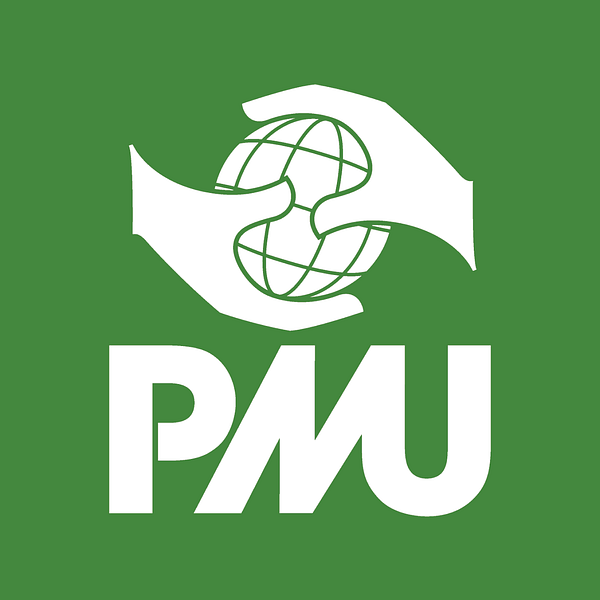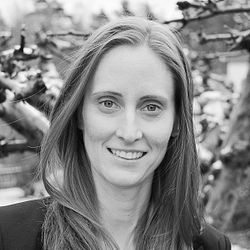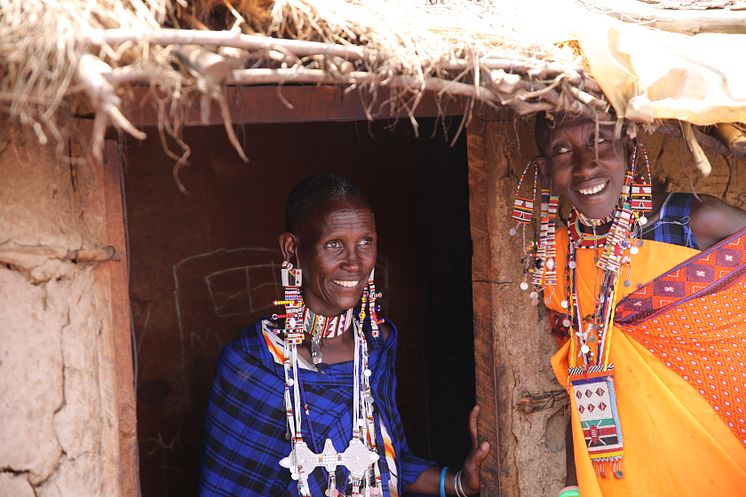
Pressmeddelande -
New Report: The vital role of Faith-Based Organizations in promoting SRHR globally
A new study shows that faith based organizations play an important role in promoting sexual and reproductive health and rights (SRHR) around the world. Interviews with faith based organizations in Benin, Kenya and Zimbabwe show that they are strong actors in the work to strengthen SRHR, especially in communities where theses issues are sensitive or taboo.
It is well known that there is a worrying on-going trend over the world where religion is used as a weapon by people in power in their fight against SRHR. Less heard of is the positive and constructive work done by religious actors within SRHR.
– In a global perspective, religion is an important part of many peoples’ lives. Religion is a factor that affects decisions, norms and attitudes in relation to SRHR. Working together with faith based actors within SRHR, and building on their networks and trust in local communities opens up new possibilities to challenge traditional ways of viewing health and rights, says Elin Larsson, assistant professor in global health at Karolinska Institutet.
The Report ”The Community Trusts Us”
The study, that is presented in the report ”The Community Trusts Us”, is a collaboration between PMU, Act Svenska kyrkan, Diakonia, Islamic Relief, and Karolinska Institutet. The report shows that faith based actors can work effectively with SRHR issues, because of their deep understanding of local religion as well as their close connections and relationships with local communities. Their rootedness and trust in the local communities make them central actors in working for change in contexts where issues relating to sexual and reproductive health and rights are difficult and controversial.
– Faith based organizations are not just part of the communities they work with, they also have large networks and long term relationships that make sustainable changes within SRHR possible, says Elin Larsson.
Important insights
The report highlights the importance of reaching long-lasting results within SRHR by taking advantage of the role and commitment of faith based actors. Their presence in the community and their connection to global religious movements give them an opportunity to advocate on a broad scale. They work within different areas such as the health sector, civil society and religious leadership which means there is pluralism.
The report shows that there is a challenge in being part of a movement with different views on SRHR issues. Also, they are affected by the active and well-funded opposition to SRHR that means they always need to struggle to move forward. The interviewed organizations suggest strategies such as building strong alliances with both religious and non-religious actors.
The report also highlights the negative effects of the Covvid-19 pandemic for SRHR work globally. Despite this setback faith based actors have continued their work and maintained their commitment for supporting SRHR in their communities.
– The pandemic has showed how important it is to include local actors, especially faith based actors, in the work to re-build and strengthen SRHR interventions after the crisis, says Elin Larsson.
Other insights from the report:
- Support to those living in marginalization: Faith based organizations often have well planned interventions to reach and support groups living in marginalization, which is central in SRHR work focusing on counteract inequalities and power imbalances.
- Possibility to mobilize: Since faith based actors are present across society, they have the possibility to mobilize a great number of people in order to strengthen SRHR work and reach broader groups in society.
- Changed norms and improved health: Through their work on raising awareness about SRHR within social structures, local organizations see the possibility to change cultural-, religious and traditional norms, as well as reduced maternal and child mortality, gender based violence, HIV and child marriage.
The report ”The Community Trusts Us” including more examples as well as recommendations for the future is available for download here:
- Summary Report: "The community trusts us" Faith-based organisations' role in advancing SRHR globally
For more information or to book an interview, please contact:
- Fredrika Uggla, Thematic adviser gender equality, PMU, +4676-536 96 11, fredrika.uggla@pmu.se
- Jenny Enarsson, Global Gender Justice Advisor, Diakonia, +4670-934 66 63 jenny.enarsson@diakonia.se
- Emilie Weiderud, policy advisor SRHR, Act Svenska kyrkan, +4676-800 01 47 emilie.weiderud@svenskakyrkan.se
- Zamzam Abdi, Gender, Protection and Inclusion Advisor, Islamic Relief, +468-588 865 50, zamzam.abdi@islamic-relief.se
- Elin Larsson, assistant professor in global health, Karolinska institutet, +4670-273 56 09, elin.larsson@ki.se

Ämnen
Kategorier
PMU (Pingstmissionens Utvecklingssamarbete) är en av Sveriges större biståndsorganisationer och är de svenska pingstförsamlingarnas biståndsorgan. Organisationen arbetar tillsammans med lokala församlingar i 104 projekt i 30 länder.


